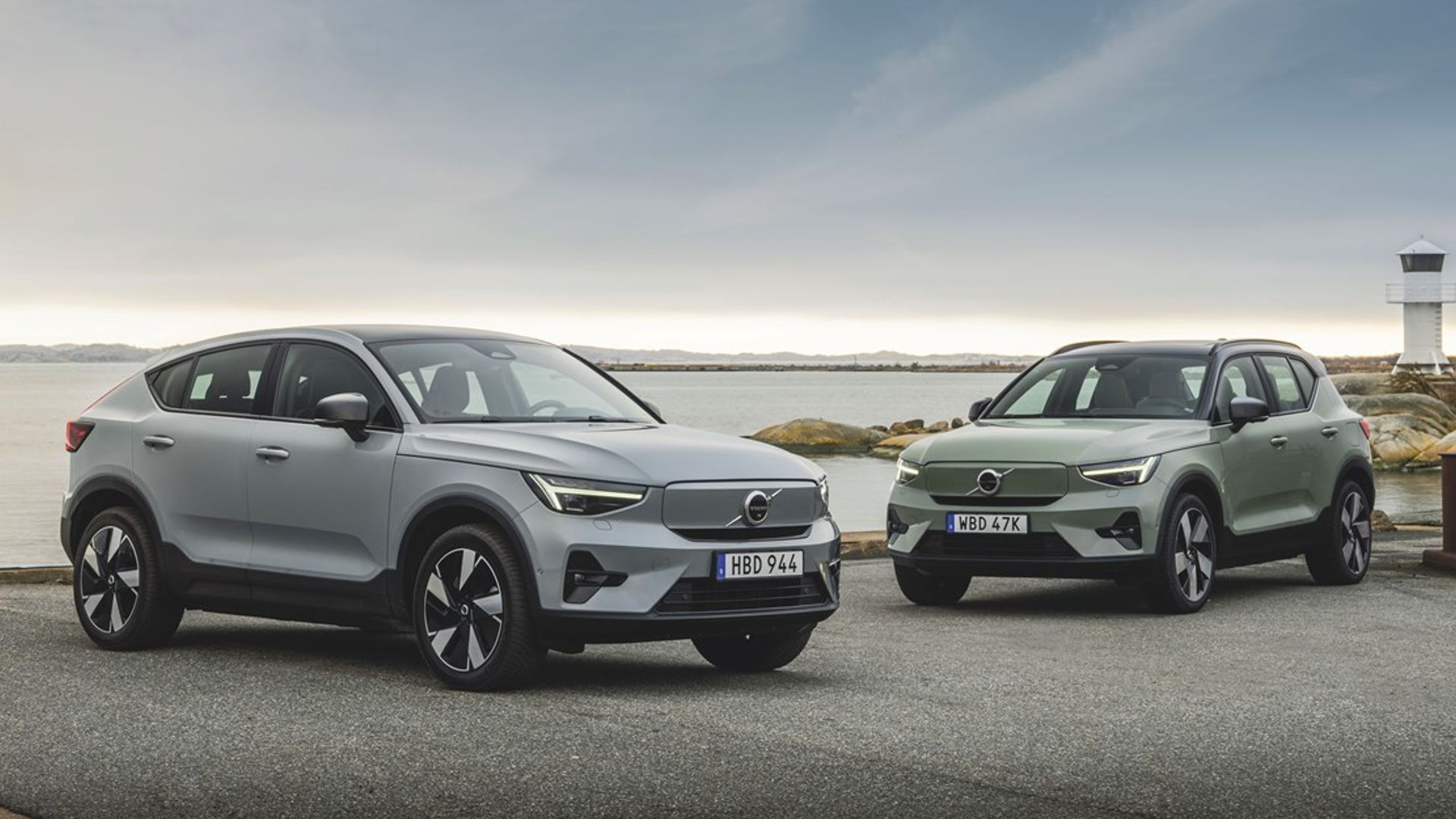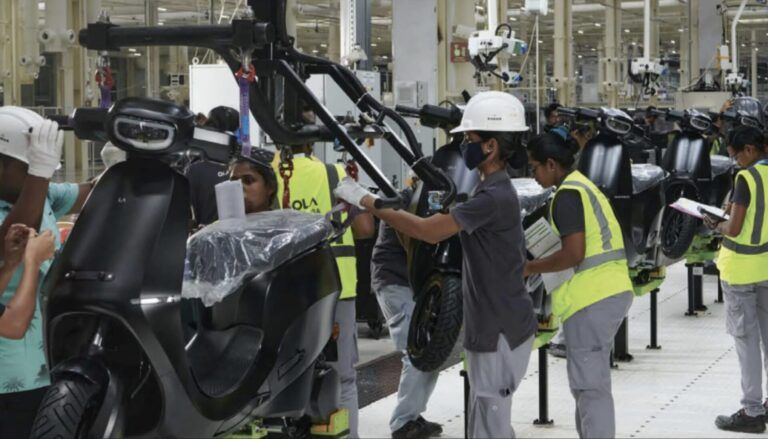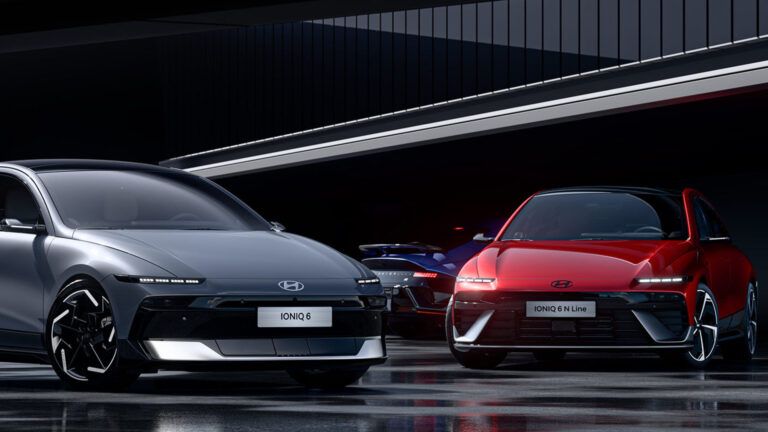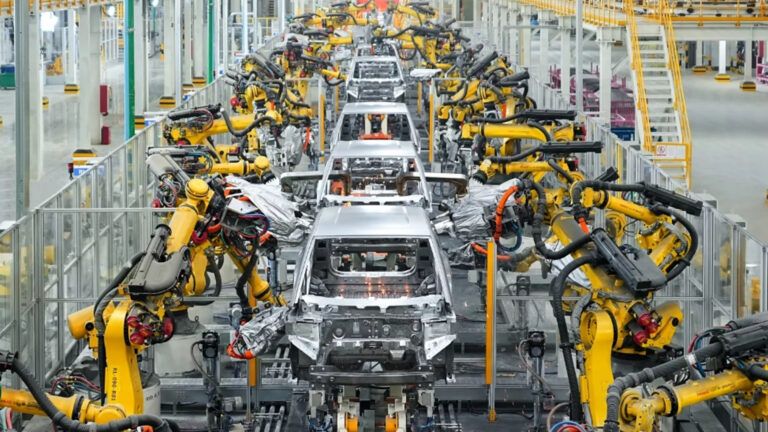On Wednesday, Volvo Car India, a luxury car manufacturer, revealed that it has sold more than 1,000 electric cars (EVs). It was a double celebration for the brand, as it also marked World Environment Day.
In November 2022, the Swedish carmaker made its debut in the Indian EV market. The first offering from the brand was the XC40 Recharge, a compact and electric SUV. Later, the same model was also Volvo’s first domestically produced electric SUV in India.
In a company statement, Jyoti Malhotra, MD of Volvo Car India, said:
On the occasion of World Environment Day, we are happy to announce that Volvo Car India has delivered over 1,000 EVs.
Our robust progress reflects the strong customer confidence our cars command and our commitment to growing the luxury EV market in India
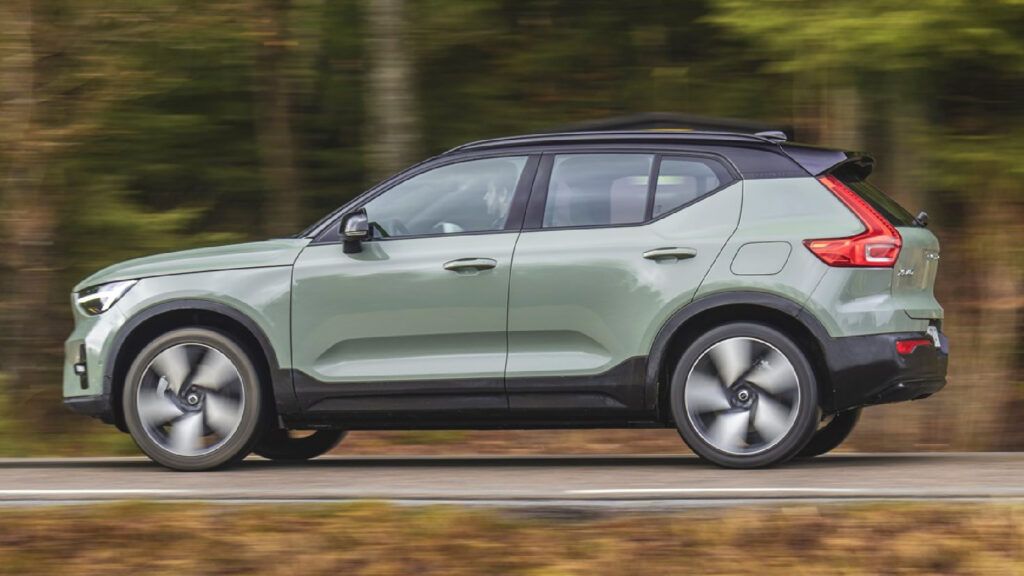
Current Volvo EV Lineup
Volvo offers two electric cars in India: the C40 Recharge and the XC40 Recharge. Moreover, there are two drivetrain options for the XC40 Recharge: all-wheel drive (AWD) and rear-wheel drive (RWD).
The RWD model with a single motor generates 234 hp and has a 69kWh battery, offering a 475 km range. The AWD model with dual motors generates 402 hp and a 78kWh battery, allowing it to reach a claimed range of 505 km.
The C40 Recharge is only available with a dual-electric motor AWD setup. Powered by a 78kWh battery pack, the car generates 402 hp and has a range of 530 km.
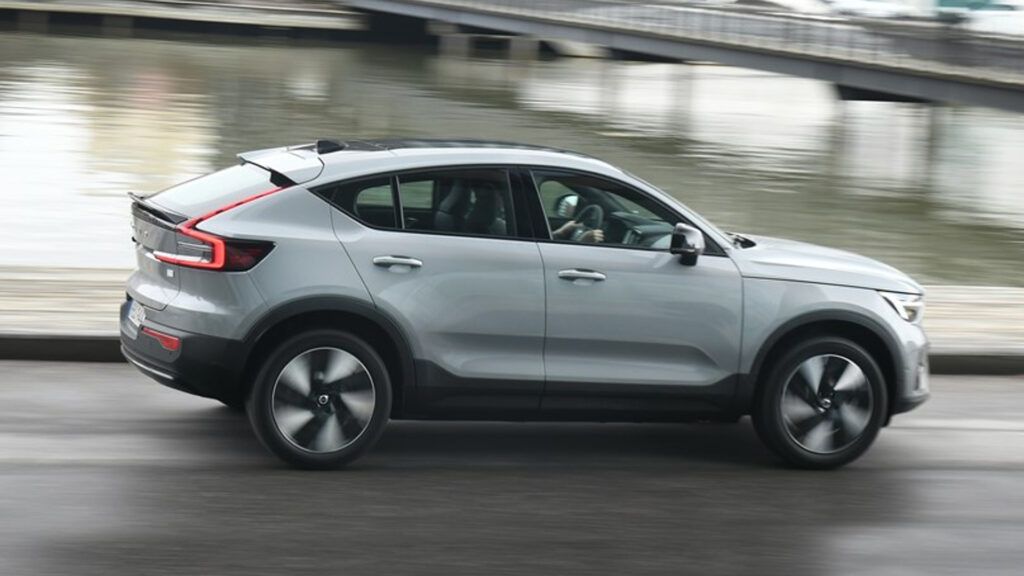
Price and Rivals
The starting price for the RWD version of the Volvo XC40 Recharge is Rs 54.95 lakh, while the AWD variation is Rs 57.90 lakh. The C40 Recharge comes with a price tag of Rs 62.95 lakh. While the XC40 Recharge competes with the Hyundai Ioniq 5 and Kia EV6, the C40 Recharge rivals the BMW i4.
Compared to 2022, Volvo Car India’s total sales increased by 31% in 2023. The XC40 Recharge and C40 Recharge, which are all-electric vehicles, made up 28% of the overall sales.
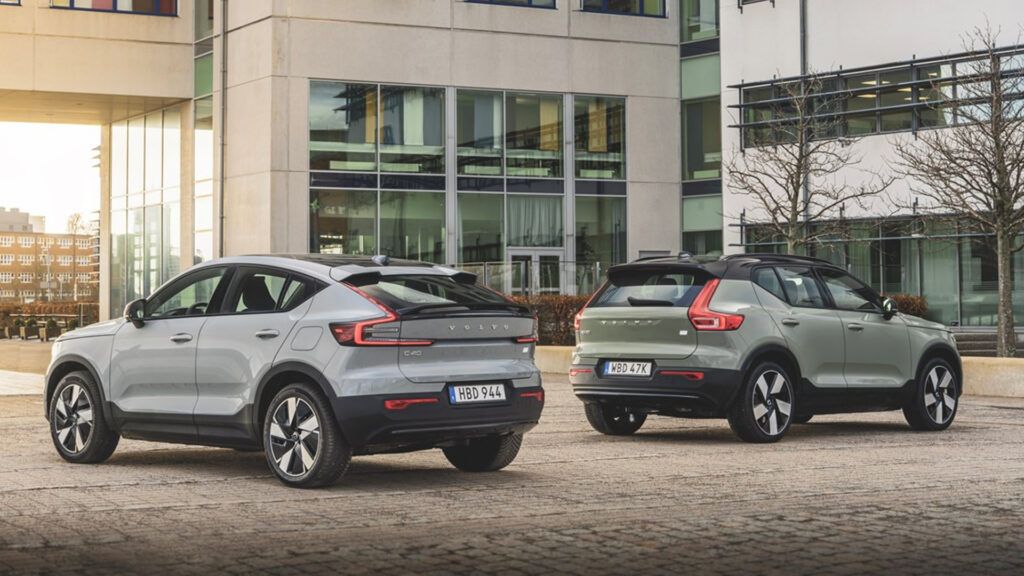
Volvo Future Plans
Volvo intends to introduce one new electric vehicle annually in India, which is likely to be EX30 or EX90. Moreover, it plans to transition its whole fleet to electric vehicles by 2030.
Malhotra said that by 2025, the automaker wants to include 25% recycled and bio-based content in its future car models, highlighting the usage of recyclable materials in electric vehicles.

